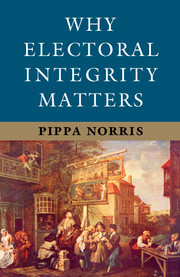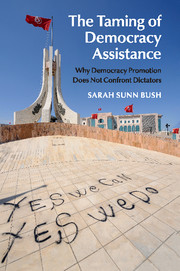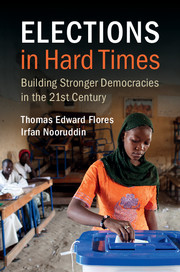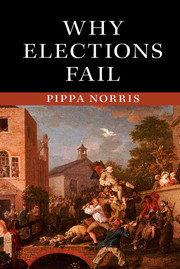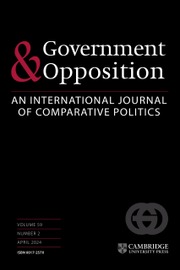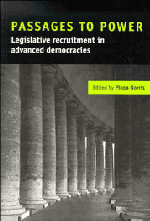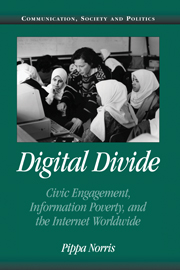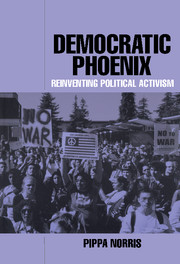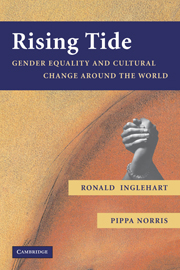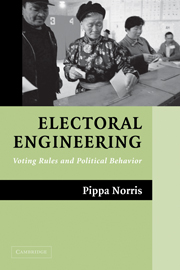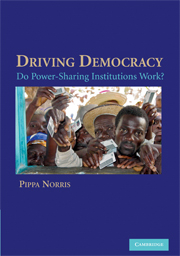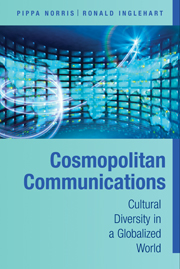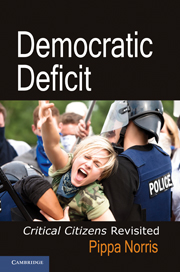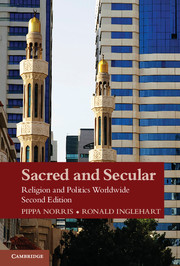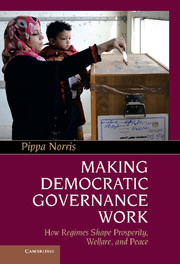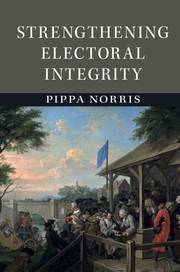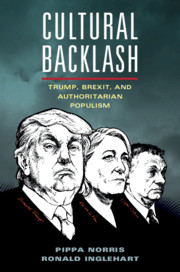Why Electoral Integrity Matters
£24.99
- Author: Pippa Norris, Kennedy School of Government, Harvard University, Massachusetts
- Date Published: September 2014
- availability: Available
- format: Paperback
- isbn: 9781107684706
£
24.99
Paperback
Other available formats:
Hardback, eBook
Looking for an inspection copy?
This title is not currently available on inspection
-
This book is the first in a planned trilogy by Pippa Norris on challenges of electoral integrity to be published by Cambridge University Press. Unfortunately too often elections around the globe are deeply flawed or even fail. Why does this matter? It is widely suspected that such contests will undermine confidence in elected authorities, damage voting turnout, trigger protests, exacerbate conflict, and occasionally lead to regime change. Well-run elections, by themselves, are insufficient for successful transitions to democracy. But flawed, or even failed, contests are thought to wreck fragile progress. Is there good evidence for these claims? Under what circumstances do failed elections undermine legitimacy? With a global perspective, using new sources of data for mass and elite evidence, this book provides fresh insights into these major issues.
Read more- Offers a new theoretical framework seeking to explain the impact of electoral integrity on legitimacy, political participation, conflict and security, and regime stability and change
- Theory is tested empirically among diverse types of societies, using worldwide evidence
- Develops new concepts, presents new data, and sets a new research agenda in comparative politics
Reviews & endorsements
'Why Electoral Integrity Matters is a wide-ranging study that is essential reading for anyone interested in electoral integrity. Pippa Norris draws together an impressive array of evidence to provide a comprehensive analysis of the consequences of problem elections. This insightful volume will undoubtedly prove to be a seminal work in the burgeoning study of electoral conduct.' Sarah Birch, University of Glasgow
See more reviews'Electoral integrity is now a household word in election assessment parlance, but it has been unclear what it means and how it matters. Countries vary considerably in their level of electoral integrity, which subsequently impacts on democratization. Professor Norris' new book analyzes the concept thoroughly and demonstrates convincingly how and why electoral integrity matters. It is a must for all who are genuinely interested in election-related issues and their role in the world of today.' Jørgen Elklit, Aarhus University and University of Cape Town
'There are numerous international commitments and global norms related to elections. Pippa Norris convincingly argues that we should take them seriously and use them as the basis for evaluating elections. Failing to do so can undermine political legitimacy and public confidence in the process. A must-read.' Thad Hall, University of Utah
'Norris, author of books on democratization, elections, public opinion, gender politics, and political communication, presents the first volume in a planned trilogy on electoral integrity. She challenges the 'electoralist' view according to which the act of holding elections will automatically channel political action into peaceful contest among elites and give the winner public legitimacy, irrespective of the quality of those elections … Summing up: recommended.' S. Mitropolitski, Choice
'… [this] book is theoretically sophisticated and provides a brilliant comparative account of the relationship between electoral integrity and democracy around the world. [It] will be immensely useful to students and scholars of political science and comparative political sociology.' Sarbeswar Sahoo, Democratization
Customer reviews
17th Oct 2024 by UName-193733
The electoral integrity approach holistically aligns with the aspirations of full democracy that citizens of XXI century built
Review was not posted due to profanity
×Product details
- Date Published: September 2014
- format: Paperback
- isbn: 9781107684706
- length: 312 pages
- dimensions: 228 x 152 x 17 mm
- weight: 0.42kg
- contains: 29 b/w illus. 18 tables
- availability: Available
Table of Contents
Part I. Introduction:
1. Theories why electoral integrity matters
2. Concepts
3. Evidence
Part II. The Problem of Flawed Elections:
4. International concern about electoral integrity
5. Public perceptions of electoral integrity
Part III. The Consequences of Electoral Integrity:
6. For legitimacy
7. For political behavior
8. For conflict and security
9. For regimes
Part IV. Conclusions:
10. Conclusions: strengthening electoral integrity.
Sorry, this resource is locked
Please register or sign in to request access. If you are having problems accessing these resources please email [email protected]
Register Sign in» Proceed
You are now leaving the Cambridge University Press website. Your eBook purchase and download will be completed by our partner www.ebooks.com. Please see the permission section of the www.ebooks.com catalogue page for details of the print & copy limits on our eBooks.
Continue ×Are you sure you want to delete your account?
This cannot be undone.
Thank you for your feedback which will help us improve our service.
If you requested a response, we will make sure to get back to you shortly.
×
